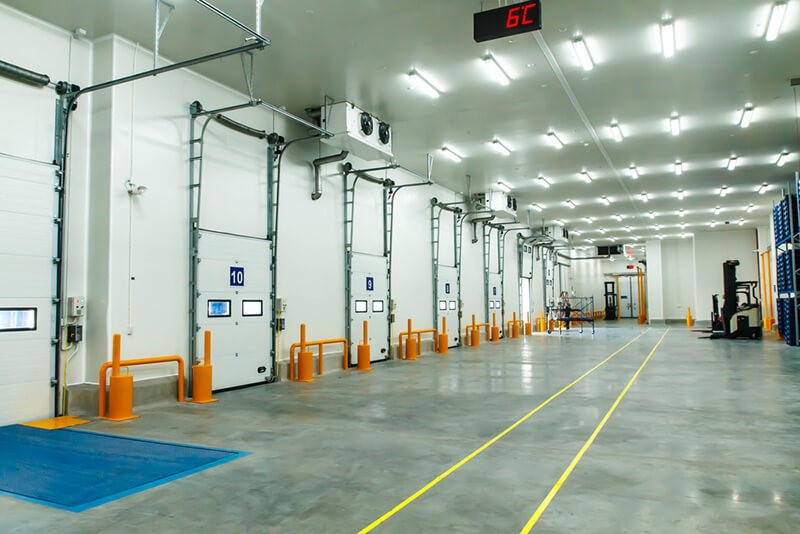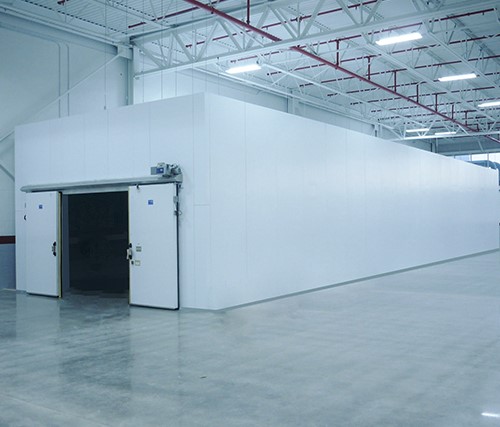The Importance of Refrigeration Panels in Modern Cooling Solutions
In the world of temperature-sensitive storage and food preservation, refrigeration panels play a pivotal role in ensuring that perishable goods remain fresh and safe for consumption. These panels are at the heart of modern cooling solutions, providing reliable insulation and temperature control for a wide range of industries, from restaurants and food storage facilities to pharmaceuticals and biotechnology. In this blog post, we will explore the significance of refrigeration panels and why they are indispensable in the preservation and safety of our valuable goods.
Unparalleled Insulation Efficiency: One of the primary reasons for the popularity of refrigeration panels is their exceptional insulation capabilities. These panels are made of high-quality materials like polyurethane foam, which has outstanding thermal resistance properties. The insulation prevents the exchange of heat between the interior and exterior of the cooling space, enabling efficient temperature regulation. With minimal thermal leakage, refrigeration panels help maintain a consistent and desired temperature inside the storage area, ensuring the quality and longevity of stored goods.

Precise Temperature Control: Temperature control is critical for preserving perishable items. Refrigeration panels allow for precise and consistent temperature maintenance, providing the optimal environment for various products such as fresh produce, dairy, meat, and vaccines. Maintaining the correct temperature helps prevent the growth of harmful bacteria, prolongs shelf life, and maintains the nutritional value of stored items.
Versatility and Customization: Refrigeration panels are highly versatile and can be customized to fit specific requirements. They come in various sizes and thicknesses, allowing businesses to build walk-in freezers, coolers, or cold rooms tailored to their unique needs. Whether it’s a small-scale restaurant or a large commercial warehouse, refrigeration panels offer a scalable solution that can be adapted to any space.
Energy Efficiency and Cost Savings: Investing in refrigeration panels can lead to significant energy savings. Their superior insulation properties reduce the workload on refrigeration systems, leading to lower energy consumption and operational costs. By maintaining stable temperatures and preventing temperature fluctuations, businesses can reduce compressor cycles, leading to prolonged equipment life and reduced maintenance expenses.

Hygiene and Food Safety: Refrigeration panels are designed to meet stringent hygiene standards required for food and pharmaceutical storage. They have smooth surfaces and tight joints, which prevent the accumulation of dirt, moisture, and bacteria. This design ensures that stored items remain uncontaminated and safe for consumption, making refrigeration panels a crucial component of a comprehensive food safety strategy.
Quick and Easy Installation: Refrigeration panels are prefabricated and designed for ease of installation. Their modular nature allows for a faster and more efficient assembly, reducing construction time and associated costs. Additionally, modular panels offer the advantage of reusability and flexibility for businesses that may require relocating or resizing their cooling spaces in the future.
Conclusion: The importance of refrigeration panels in modern cooling solutions cannot be overstated. These panels provide efficient insulation, precise temperature control, and customizability, while also promoting energy efficiency and ensuring food safety. Their versatility makes them indispensable for businesses across various industries that rely on temperature-sensitive storage and preservation. As we continue to prioritize sustainability and optimal resource utilization, refrigeration panels emerge as a critical component in reducing energy consumption, minimizing waste, and maintaining the quality of our perishable goods.

Leave a Reply